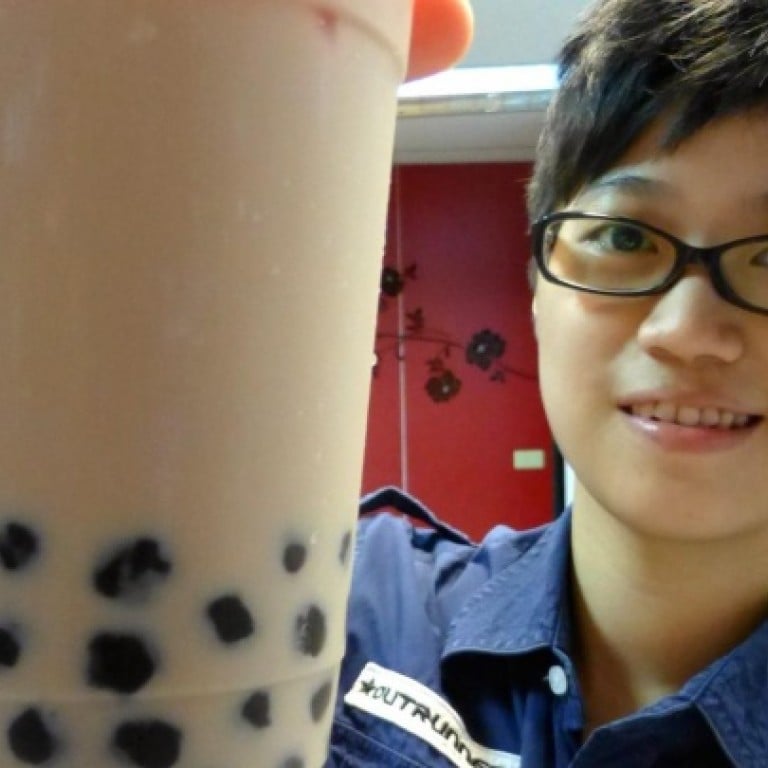
Taiwan food vendors must certify they don't use banned chemical
Taiwan orders vendors to display certificates guaranteeing they don't use industrial chemical
Food vendors in Taiwan using processed starch must display safety certificates from today as part of efforts to contain a snowballing food scare that has damaged the image of one of the island's best-known delicacies.
The health ministry announced the new requirement after health inspectors discovered in mid-May that vendors were using an industrial chemical when processing powdered starch into various snacks and drinks consumed by almost everyone on the island.
The chemical, maleic anhydride, enhances the chewiness of food but can cause kidney failure if too much is consumed. It has allegedly been used illegally for at least a decade and maybe as long as 40 years.
Singapore and Malaysia quickly banned at least 11 such products from Taiwan, prompting President Ma Ying-jeou to call for an all-out effort to uphold food safety, protect consumers and punish those responsible.
In mid-2011, Taiwan had to destroy millions of bottles of soft drinks and packs of health food in the island's worst food scandal in 30 years. An industrial plasticiser that could cause developmental problems in children had been substituted for more expensive palm oil as a clouding agent, prompting the island and many countries to ban the products.
But two years later, local media noted, Taiwan does not appear to have learned the lesson. This time products affected include sticky meat balls, processed fish paste, yam-powdered balls, soya bean curd, flat rice noodles, sweet-potato-powder balls, sticky rice cakes and the chewy tapioca "pearls" used in the island's famous bubble tea.
Heath Minister Chiu Wen-ta said on Wednesday: "All raw material manufacturers for starch or midstream sellers are required to issue the safety certificates to downstream shops and vendors proving that the raw materials are free of maleic acid." Those who did not comply would face fines of up to NT$6 million (HK$1.55 million) for each breach.
Health authorities found 21 suppliers suspected of selling the tainted starch and confiscated 313 tonnes of products, which had been marked for destruction, ministry officials said.
They traced the initial source to the Hsieh Chi starch factory in Tainan, southern Taiwan. It claimed it made the powdered starch according to a formula provided by a retired high school chemistry teacher 10 years ago, the officials said.
However, the teacher, Wang Tung-ching, 82, told prosecutors he invented the formula in 1971 and passed it to the factory the following year because he believed the chemical would not be harmful after hydrocarbonisation, local media said. The factory's owner said he had only started the company 17 years ago, making it impossible for the factory to have been producing the tainted products since 1972.
Food and Drug Administration director general Kang Jaw-jou said that although the chemical could harm the kidneys, there was no immediate danger if daily intake was kept below half a milligram for each kilogram of body weight. "This means if an adult weighs 60 kilograms, the tolerance level per day would be 30 milligrams," he said.
The scandal has scared many people off starch-based food, resulting in big losses for vendors.
"I prefer not to buy any of this starch-processed stuff until it is cleared [by health authorities] as safe to consume," clerk Susan Yen, a patron of a stall selling chewy fried chicken steak in Taipei's Shihlin Night Market, said.
Flour-fried chicken steaks are not among the first batch of items for which vendors must have safety certificates, but most consumers avoid them after reports that vendors were told flour they had sent for testing was tainted.
"We are also victims, as our business has dropped by 50 to 70 per cent because of the public scare," a vendor in the Keelung Night Market outside Taipei said.

